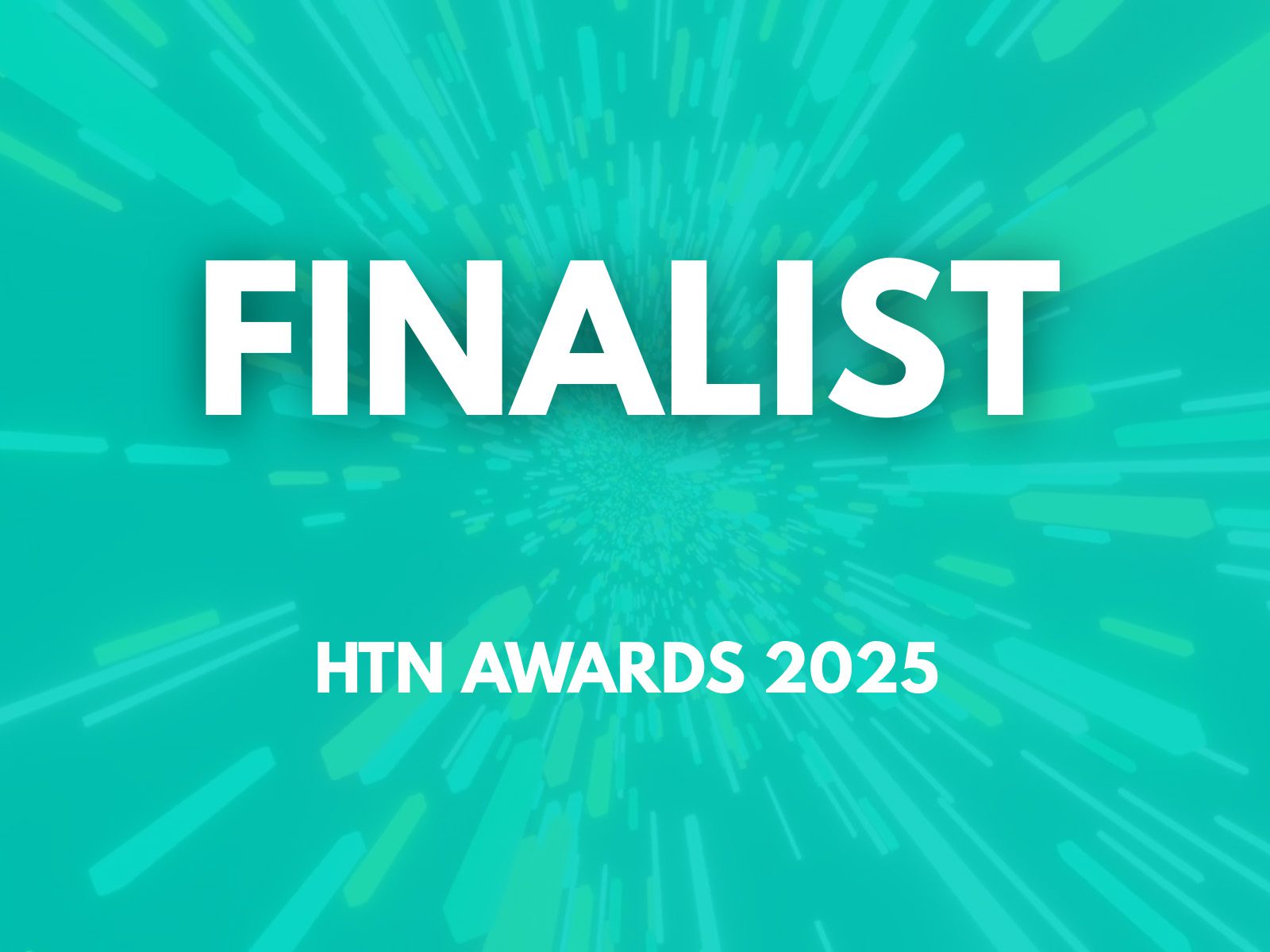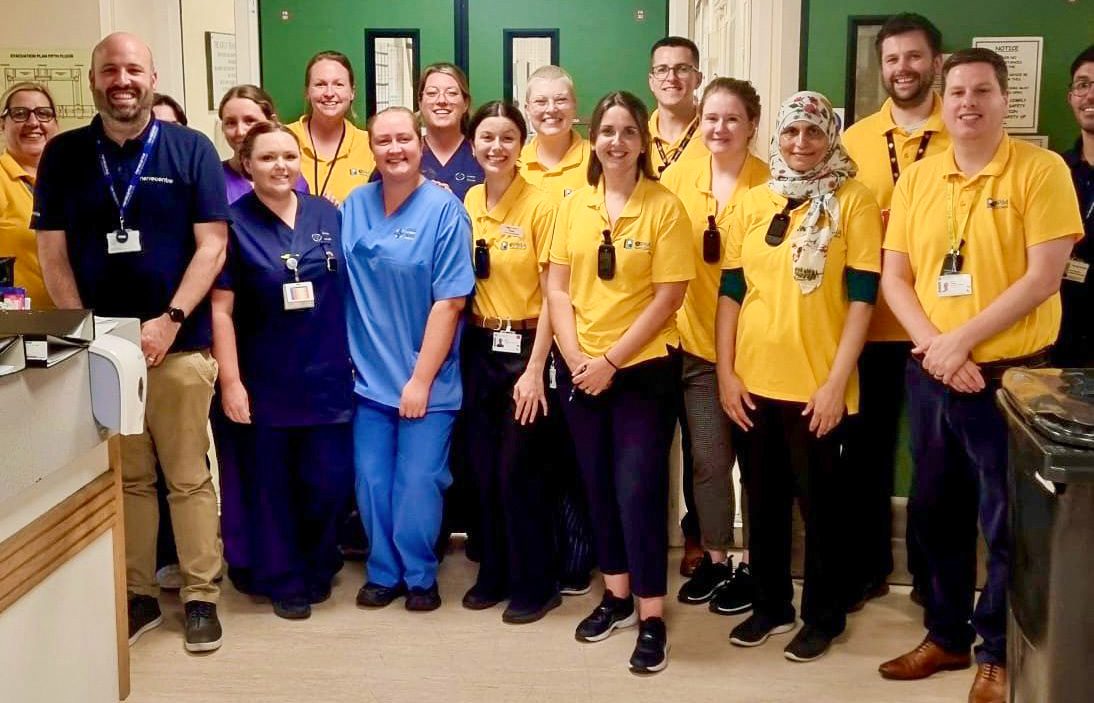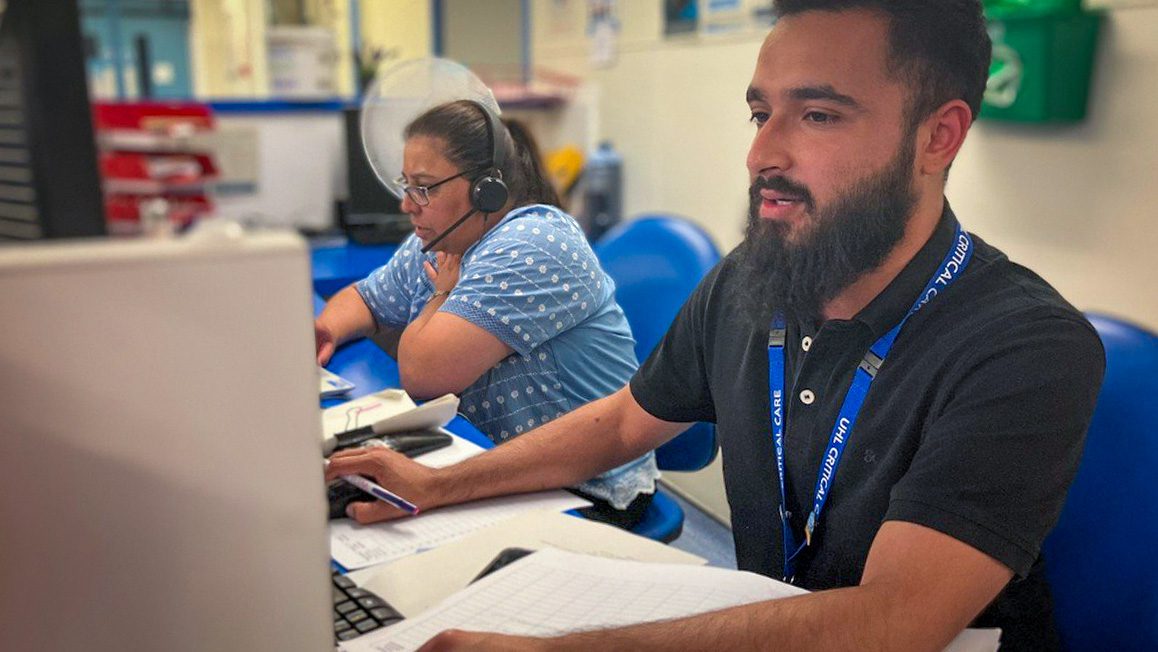 Developed in partnership with Nervecentre Software, the new solution, known as Nervecentre WISE, was chosen to provide a faster and more efficient patient information system to support an ever increasing and demanding hospital environment.
Developed in partnership with Nervecentre Software, the new solution, known as Nervecentre WISE, was chosen to provide a faster and more efficient patient information system to support an ever increasing and demanding hospital environment.
Leicester’s Hospitals selected Nervecentre to provide a solution to record all administrative, operational and clinical information and provide increased visibility of patient status and departmental performance in real-time. The switch from the previous ED system to Nervecentre WISE was achieved over two days with the Minor Injuries Unit going live the first day followed by majors, resus, paediatrics and eye casualty the next day.
Leicester’s Hospitals are the first Trust to deploy Nervecentre WISE, which is an integrated module of Nervecentre’s Mobile Clinical Workflow platform, in a project that saw the Trust working closely with the software company for several months before going live on the originally planned date with no interruptions to patient care.
John Clarke, Chief Information Officer at Leicester’s Hospitals, said: “With up to 600 patients each day through our Emergency Department, switching to a new electronic workflow and patient information system in the department was a big step up for us, one that we successfully achieved through great team-work between ICT teams, clinical staff and Nervecentre.
Mr Clarke continues, “It was important that we updated our Emergency Department systems to provide a clinically focused platform to support the work of our Emergency Department staff, and provide a fully integrated experience across the hospital, where our clinicians already use Nervecentre extensively for observations, handover and hospital at night. This allows us to create a single platform to manage patients through their journey with us.”
Leicester’s Hospitals has made great progress in their quest to become a paper-less Trust. Having already rolled out electronic Handover and Hospital Night using Nervecentre Software the Trust has recently completed the deployment of Nervecentre electronic observations to 90 wards, recording over 1 million electronic observations so far. With support from Leicester’s Hospitals, Nervecentre WISE comes ready for the new Emergency Care Data Set that will be mandatory next year, and also fully integrates SNOMED CT, the comprehensive clinical health terminology product used around the world, that will make interoperability easier.
Paul Volkaerts, CEO, Nervecentre Software: “Swapping out a platform in continuous use without slippage or clinical impact is challenging and I’m very proud of the close teamwork that achieved that. Our venture into ED is driven by our belief that our mobile workflow approach can radically improve efficiency within the ED; and I’m excited to see what we can achieve together over the coming months as Leicester’s Hospitals’ ED turn on the mobile workflow features inherent in our product.”
Deploying the new innovative ED solution is a crucial milestone towards the opening of the new Emergency Department building at Leicester Royal Infirmary in Spring next year.





